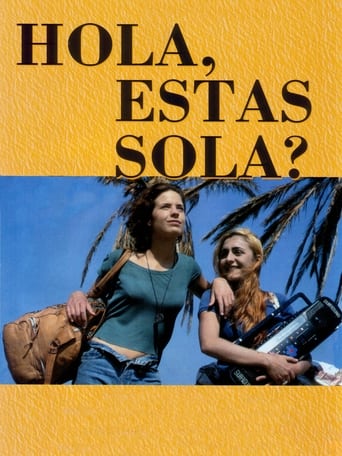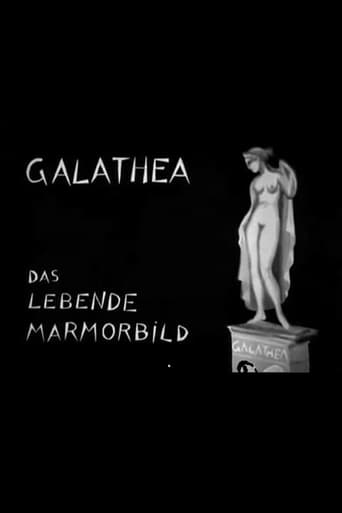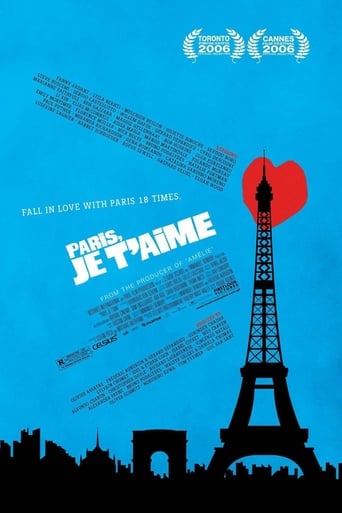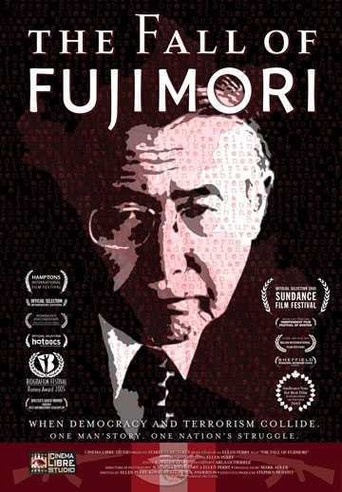

The Fall of Fujimori (2006)
A character-driven, political-thriller documentary that explores the volatile events that defined Alberto Fujimoris decade-long reign of Peru: His meteoric rise from son of poor Japanese immigrants to the presidency; his fateful relationship with the shadowy and Machiavellian Vladimiro Montesinos; his self-coup that dissolved overnight both Congress and the Judiciary.
Watch Trailer
Cast
Similar titles

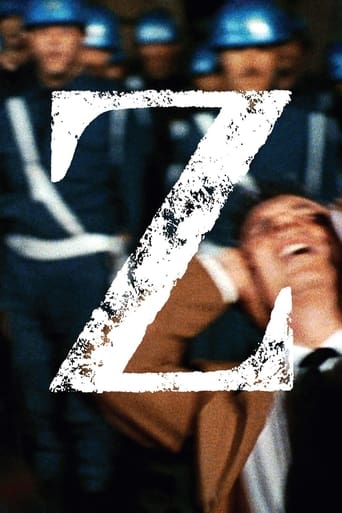
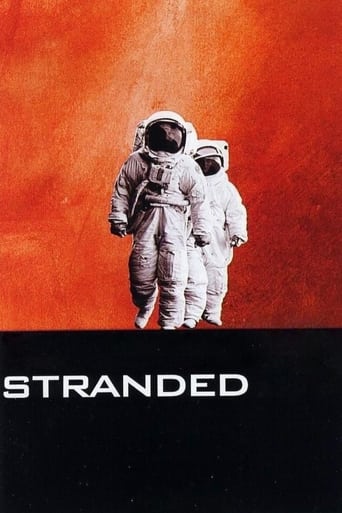

Reviews
Boring
This story has more twists and turns than a second-rate soap opera.
There's no way I can possibly love it entirely but I just think its ridiculously bad, but enjoyable at the same time.
It's easily one of the freshest, sharpest and most enjoyable films of this year.
Either you become what you hate, or you fall victim to what you hate. THE FALL OF FUJIMORI can almost be viewed as a "political morality tale". This film demonstrates what happens when a hugely popular anti-terrorist Peruvian president transforms into something much worse than his enemy, or maybe, he does not. The filmmakers go out of their way to offer an in-depth, and multifaceted account of an important South American leader. And, in the end, I don't think that you can easily peg this man as a demon or a saint. I think that the case can be made that this man was a swindler and a crook, and, equally that he was a man who was absolutely driven by 'reform' at any cost. Maybe human beings, and especially political leaders, are just too convoluted to be pigeon holed. Absorbing and complex.
A friend and I went to see this movie. We have opposite opinions about Fujimori but after watching this movie we agree on the following: the easiest way to have an inaccurate documentary is to make it about a foreign country in which you were not present when the events happened, no matter how talented or how much you invest in the film. If you are truly looking to learn about another countries history, watch something made by natives of that country otherwise you won't be able step away from your bubble. And those who try to force their views and opinions about something to which they don't belong are really abusing their power. To make it even worse, the director chose to not talk about the embarrassing involvement of the CIA with Fujimori's regime. She decides to evade dealing with the only subject for witch her country has much to explain to Peruvians. But this is not surprising because, both, the director and the CIA are violating the sovereignty of Peru by trying to affect the democratic processes at very different levels of course.If the director was really interested in helping Peru she would have financed a native to make the documentary. In any case there are numerous Peruvian made documentaries, films and books about the subject. Such include "Ojos Que No Ven", "Dias de Santiago", "Montesinos-Fujimori: Las Dos Caras de la Misma Moneda", "Montesinos: Poderoso Caballero", etc. The director of the "Fall of Fujimori" should spend her time analyzing the numerous problems in her own country or at least the involvement of her country in the matters of other nations.
This film was riveting and informative. It announces the arrival of a very talented director, Ellen Perry. She practices the fine art of "access" journalism with the assurance of a master, and she has told a very important story in a very disturbing and exciting way. The film combines so many levels of accomplishment that the effect is dizzying. Not only did she obviously get the scoop of a long personal interview with the exiled leader who has refused to talk to anyone else, but she gets him to answer and the discuss the hard "questions" of his tenure; his response to terrorism, the suspension of democratic institutions and principles, the use of criminal and paralegal entities to support the State. And she weaves these revelations into a very slickly produced, explosive package. She got the scoop; she did the research; she masters the story, and the medium.Fujimori is a high practitioner of postmodern politics, as the movie reveals through interleaved interviews and gobsmacking historical videography by some of the most talented and brave of videographers. Just that video, edited to tell a long story concisely, would be the best meditation on postmodern politics I have seen. When these scenes are combined with Fujimori talking or trying to talk about his tenure, the effect is at turns disturbing, enlightening, touching, and telling. From the shots of the dark night of the auto-coup to Fujimori riding his bicycle through Lima on a post Martial Law landslide election victory tour through streets full of the people, to Montesinos et al.; what struck this viewer was how close, and how unexotic, how contemporary Peru really is. The movie focuses, wisely on telling Fujimori's story and on letting the gaps in his answers and in the story speak for themselves. All the information in this movie is officially accurate, by the way, but the film in no way attempts to impart a mountain of information, nor should it. It succeeds as a film precisely as it is spectacular, and in the way that it reveals gaps in the spectacle. The placid face of Fujimori or his daughter constantly smiling are juxtaposed against terrible acts and terrible decisions. You are left pondering both the legacy and the power and effectiveness of Fujimori. Populist or demagogue; selfless statesmen or wily tyrant? At one point in the film, Fujimori meta-comments on his spectacular use of a caged Guzman in stripes, in another he meta-comments on his "hostage crisis" and its brutal and successful resolution as a video plays next to him. The film introduces little gaps and meta-commentary to uncanny effect; the no-nonsense objective demeanor of the technocratic manager's manager comes off as sheer unreality (Fujimori is better than the best of actors). How does he do it? To acknowledge his effectiveness is not to promote him.This is history as it is happening now. Fujimori emerges as the paradigmatic politician of our day; his instinctive populism is as genuine as the terrors behind the placid facade are real. He is a model for what George Bush wishes he could be; he is both a more skilled and more genuine leader and he had greater power to institute authoritarian policy; exercise authority he did, and most frightening of all, the people loved him for it. None of that is justification for authoritarianism, and that is the subtle point of a movie that is cautionary. Patriotism is no justification for tyranny; patriotism is a love for one's country and no justification for criminal acts. Charisma is no justification for authoritarianism either; it is a skill, a talent, and a fascination. Beware the skilled populist. Access journalism must balance a commitment to tell the story from the perspective of the sources with an equal commitment to objective history. Perry does an excellent job. Draw your own conclusions.
I was looking for a documentary of the same journalistic quality as Frontline or "Fog of War" (by Errol Morris). Instead I was appalled by this shallow and naive account of a very complex and disturbing man and his regime: Alberto Fujimori. This movie should be called "The return of Fujimori". The director presumes she made a "perfect" movie because alienates both pro and anti-Fujimori factions when in fact it is a very biased and unprofessional piece of work. The movie has few crucial facts wrong: 1) She uses the so called "landslide" election of 1995 in which Fujimori was re-elected with 65% of the vote, as an example of the massive popular support of Fujimori. But we all now know to be the fruit of a very organized electoral fraud.2) The movie states that Sendero Luminoso (Shining Path) killed 60,000 people. In fact, the Truth Commission's final report states that there were 69,280 deaths due to political violence in Peru. 33% of those were caused by SL. That leaves the other 67% in the hands of the police, military and other groups. The fact that she uses the same misleading information that Fujimori has been using for 10 years it is another example of how terrible this movie is. For any person with some education on Peruvian politics and history, Fujimori is clearly a consummated manipulator, a delusional character and remorseless egomaniac. His regime was very far from being democratic. He is still a menace to Peruvians. Despite these facts the director lets Fujimori tell the story. Not only on how he wants the camera to be positioned but the narrative and direction of the film seem to be part of his political agenda. He always seems to have the last word. There are no journalistic "cojones", just soft questions and unchallenged remarks. Where is Oriana Fallaci when we need her? The director, when questioned after the screening, didn't hide the fact that she was deeply impressed by Fujimori, his charm and intelligence. Yes, she has been definitely charmed by him, and you can tell by looking at this film. It's obvious she has a very hard time to digest the multitude of facts that point towards his responsibility on the corruption, murder and deception that took place. She assured the gasping audience that Fujimori was really a "patriot" when few moments earlier, one of the leading Peruvian journalists was very adamant in telling us that Fujimori was, above all, a "traitor". She went on to say that despite all the accusations not "a single dollar" was found on any bank account on his name, etc, etc. It was like hearing again the same gang of ruthless thugs that ruled the country for 10 years defending their master. It was a sad moment for journalism.This film makes injustice to history. It is an insult to hundreds of dead people, disappeared or unjustly incarcerated by Fujimori's regime. No wonder she later confessed that all the Peruvian intellectuals she befriended while making the movie felt betrayed by it. Unbiased? The words "oportunistic", "naïve" and "denial" come to my mind instead.
